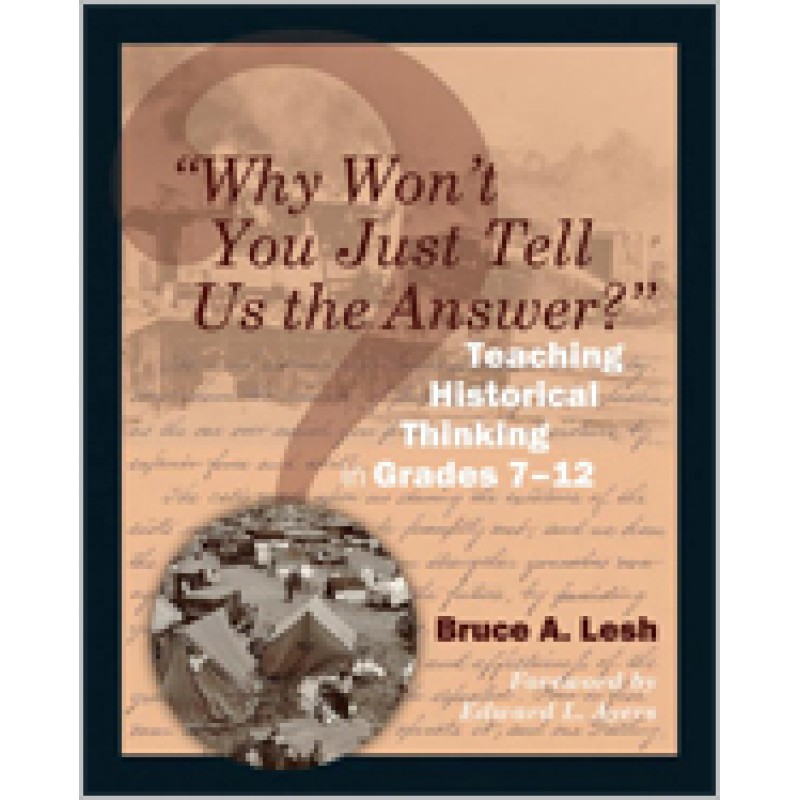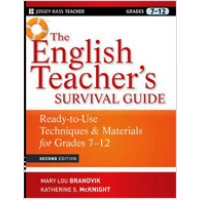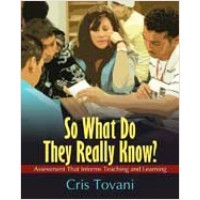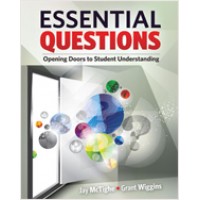Why Won't You Just Tell Us the Answer?: Teaching Historical Thinking in Grades 7-12, May/2011
| Author(s) | Bruce Lesh (Foreword by Edward L. Ayers) |
| ISBN10 | 1571108122 |
| ISBN13 | 9781571108128 |
| Format | Paperback |
| Pages | 240 |
| Year Publish | 2011 May |
Synopsis
Every major measure of students' historical understanding since 1917 has demonstrated that students do not retain, understand, or enjoy their school experiences with history. Bruce Lesh believes that this is due to the way we teach history—lecture and memorization. Over the last fifteen years, Bruce has refined a method of teaching history that mirrors the process used by historians, where students are taught to ask questions of evidence and develop historical explanations. And now in his new book, "Why Won't You Just Tell Us the Answer?," he shows teachers how to successfully implement his methods in the classroom.
Students may think they want to be given the answer. Yet, when they are actively engaged in investigating the past—the way professional historians do—they find that history class is not about the boring memorization of names, dates, and facts. Instead, it's challenging fun. Historical study that centers on a question, where students gather a variety of historical sources and then develop and defend their answers to that question, allows students to become actual historians immersed in an interpretive study of the past.
Each chapter focuses on a key concept in understanding history and then offers a sample unit on how the concept can be taught. Readers will learn about the following:
- Exploring Text, Subtext, and Context: President Theodore Roosevelt and the Panama Canal
- Chronological Thinking and Causality: The Rail Strike of 1877
- Multiple Perspectives: The Bonus March of 1932
- Continuity and Change Over Time: Custer's Last Stand
- Historical Significance: The Civil Rights Movement
- Historical Empathy: The Truman-MacArthur Debate
By the end of the book, teachers will have learned how to teach history via a lens of interpretive questions and interrogative evidence that allows both student and teacher to develop evidence-based answers to history's greatest questions.
About The Author:
Bruce Lesh was a high school teacher and social studies department chair for twenty-two years in Baltimore County Public Schools, where he taught American history, world history, and Advanced Placement United States Politics and Government. A past president of the Maryland Council for the Social Studies and vice-chair of the National Council for History Education, Bruce published three units on teaching American history using primary sources through the Center for Learning. He has also been published several times in the OAH Magazine of History and written book reviews for The History Teacher. He cofounded and served as a member of the board of directors for the Center for History Education at the University of Maryland, Baltimore County. In 2008 he was recognized as the precollegiate Teacher of the Year by the Organization of American Historians and in 2013 was named Maryland Secondary Social Studies Teacher of the Year.
Bruce received his bachelor's degree in history and political science from Salisbury University and his master's degree in history from Villanova University. "Teaching was more of a calling than a choice," Bruce says. "My family has always been connected to public service. Teaching is a way of paying back the efforts that others made to help me along life's path. The opportunity to connect a subject matter I love—history—with my desire to help others made teaching a logical profession for me."
What Bruce loves most about teaching is making historical events come to life for his students. "It is that magic moment when a student gains an appreciation for the past that fuels my desire to stay in the classroom," he says. "Having an opportunity to affect the thoughts and actions of another person gives power to my profession and energizes my passion for the classroom."
Bruce believes professional development is important for teachers because it connects them with other professionals facing similar challenges. "The interaction engendered by quality professional development provides a forum for teachers to link the realities of their instructional environment to new evidence found in research. It allows the intellectual batteries to be recharged."
Bruce is a lifelong resident of Maryland and enjoys reading, exercising, coaching, and being a dad and husband.




